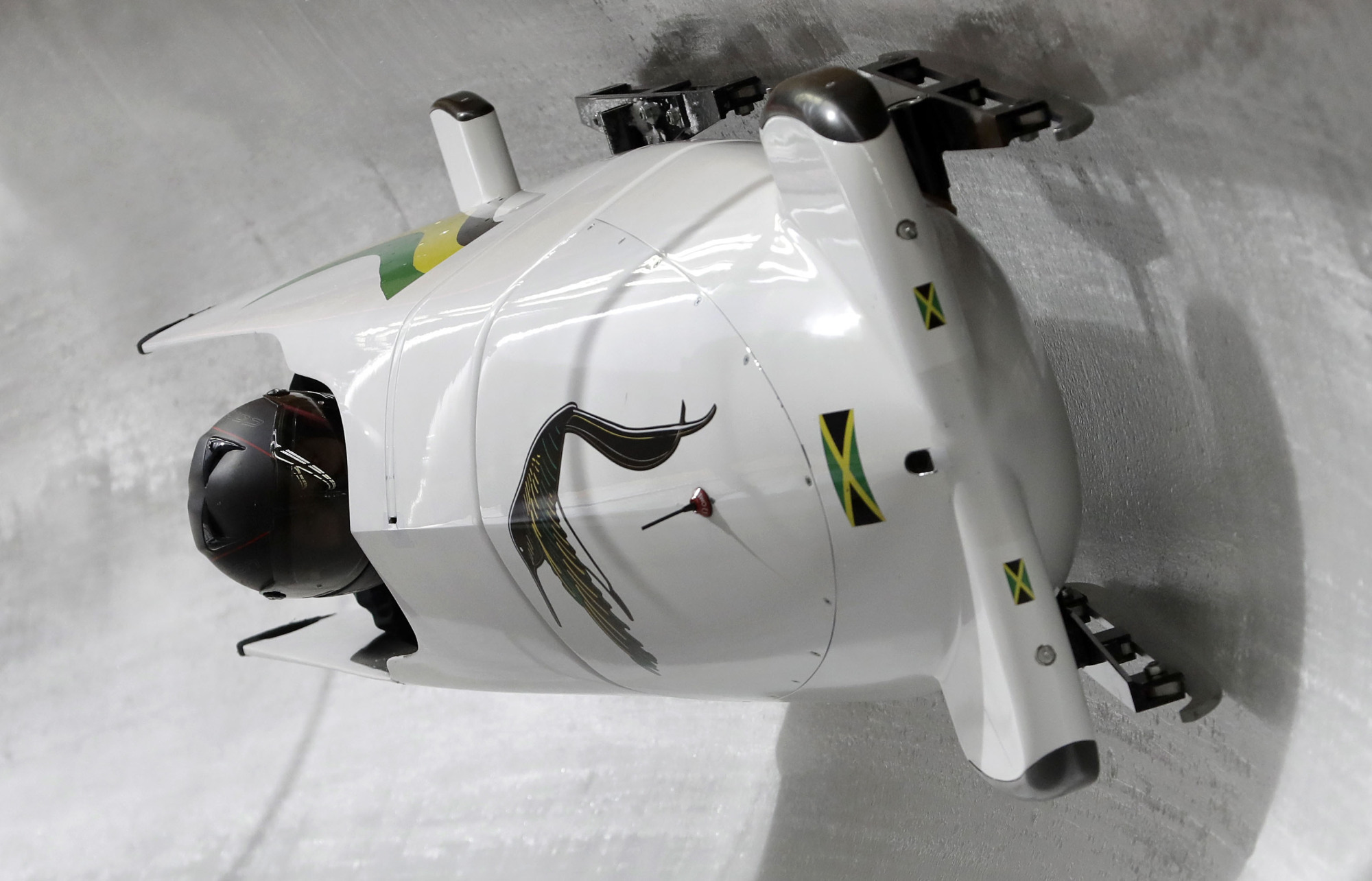On Feb. 17, the BBC reported that the Jamaican women's bobsled team would compete in its “preferred sled” at the Pyeongchang Winter Olympics in South Korea “after a beer producer purchased the craft and donated it” to the team. The main concern had been the departure of the team’s German coach, who was reportedly "legally responsible" for the Latvian-made vehicle. The Jamaican Bobsleigh and Skeleton Federation was afraid the coach would take the sled with her after, according to her claims, she was "forced out." Apparently, she demanded payment for the sled's use, and Jamaican brewer Red Stripe came up with the money. Everybody was happy.
Well, almost everybody. Originally, the Jamaican team was going to use a Japanese-made bobsled, and on Feb. 5, the promotion committee for the Shitamachi Bobsleigh Network Project announced that if the Jamaican team didn’t use the committee’s sled then it might file a lawsuit, since it had a contract with the Jamaicans to supply sleds free of charge. The suit would demand ¥68 million in damages, about four times the combined cost of the development of the sled and related transportation. On Feb. 16, the Yomiuri Shimbun said that the Japanese sled would be on hand in Pyeongchang in case the Jamaican team needed it, but thanks to Red Stripe it didn’t.
The Feb. 5 announcement, which was covered extensively by the media, was the first time that most people had heard anything about the Shitamachi project, even though it was launched in 2011 with the idea of designing a world-class bobsled that would draw attention to Japan’s storied small factories (machi-kōba) concentrated in the Shitamachi area of Tokyo’s Ota Ward. Since some Shitamachi factories supply parts for high-end motorsports, the committee thought it could adapt its expertise to the manufacture of bobsleds, many of which are designed by automotive powerhouses like Ferrari and BMW. The press became briefly interested in the project when the committee visited Prime Minister Shinzo Abe and he had his picture taken sitting in a prototype. The photo eventually made its way into a new ethics school textbook as an illustration of Japanese workmanship.


















With your current subscription plan you can comment on stories. However, before writing your first comment, please create a display name in the Profile section of your subscriber account page.